
- by Roxy Marrone
SKIN-GUT-BRAIN AXIS - TAPPING INTO YOUR INTUITION AND HEALING ABILITY
- by Roxy Marrone
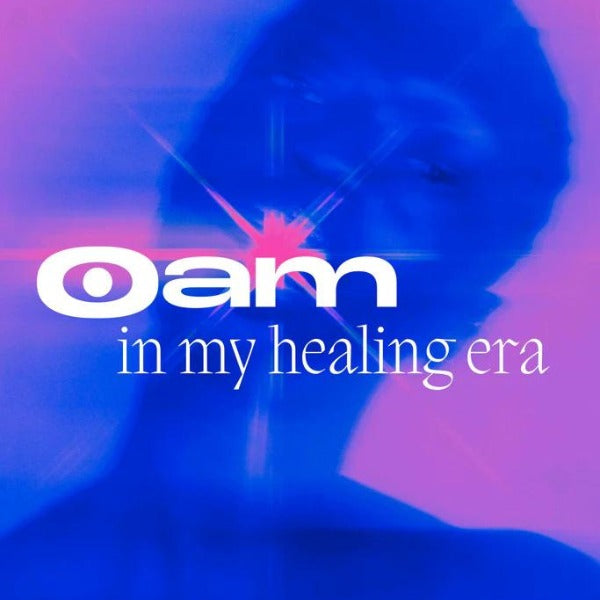
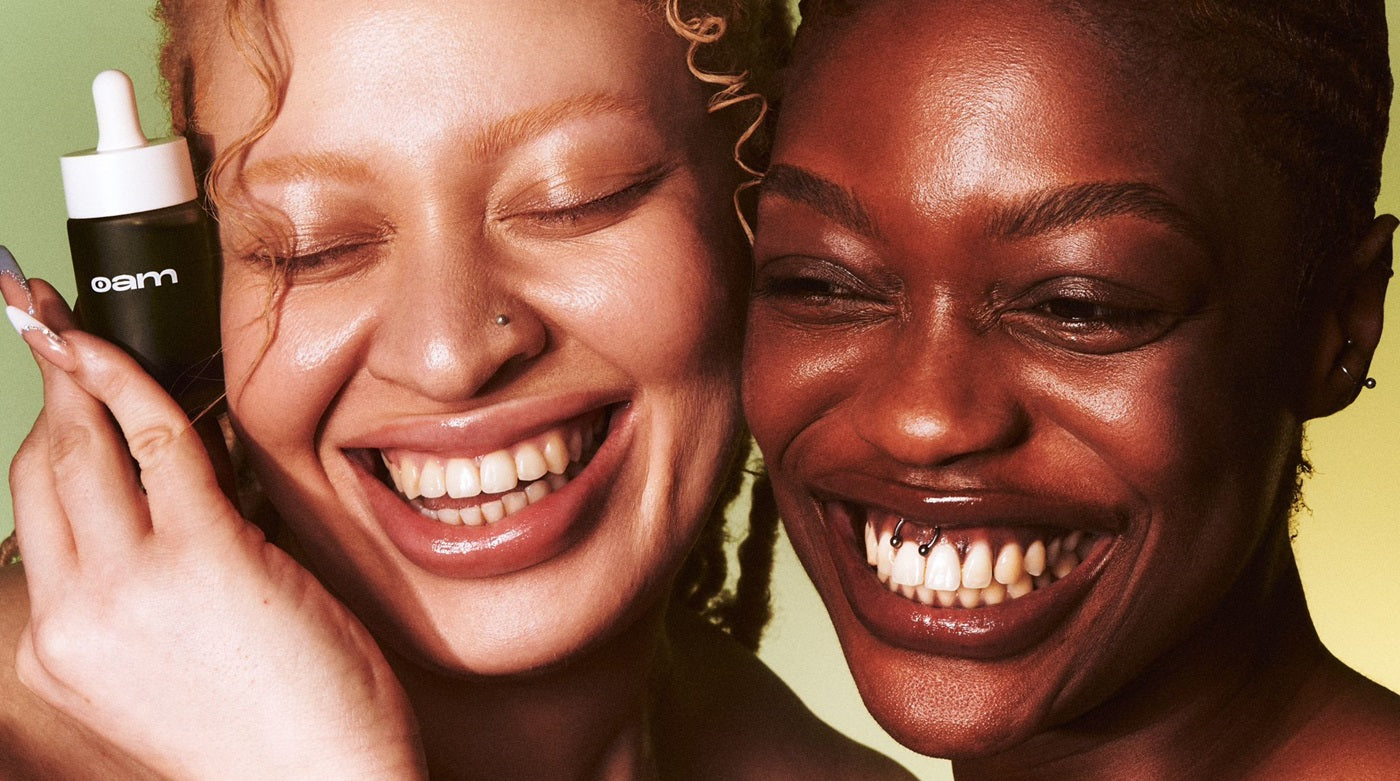
Have you ever had a "gut feeling" about something? Or perhaps you've experienced butterflies in your stomach before a nerve-wracking event?
Like everything in life, it's all connected. When I developed hormonal acne, I never thought it could be caused by years of restriction and under eating. My acne was how my mind, body and spirit tried to communicate with me.
This manifested through my nervous system (being constantly stressed), my endocrine system (hormonal imbalance) and my immune system (continually being run down, ulcers in my mouth and sick constantly), letting me know that my lifestyle was NOT working for me.
To unpack my skin, I had to unpack my mind, stressors and traumas.
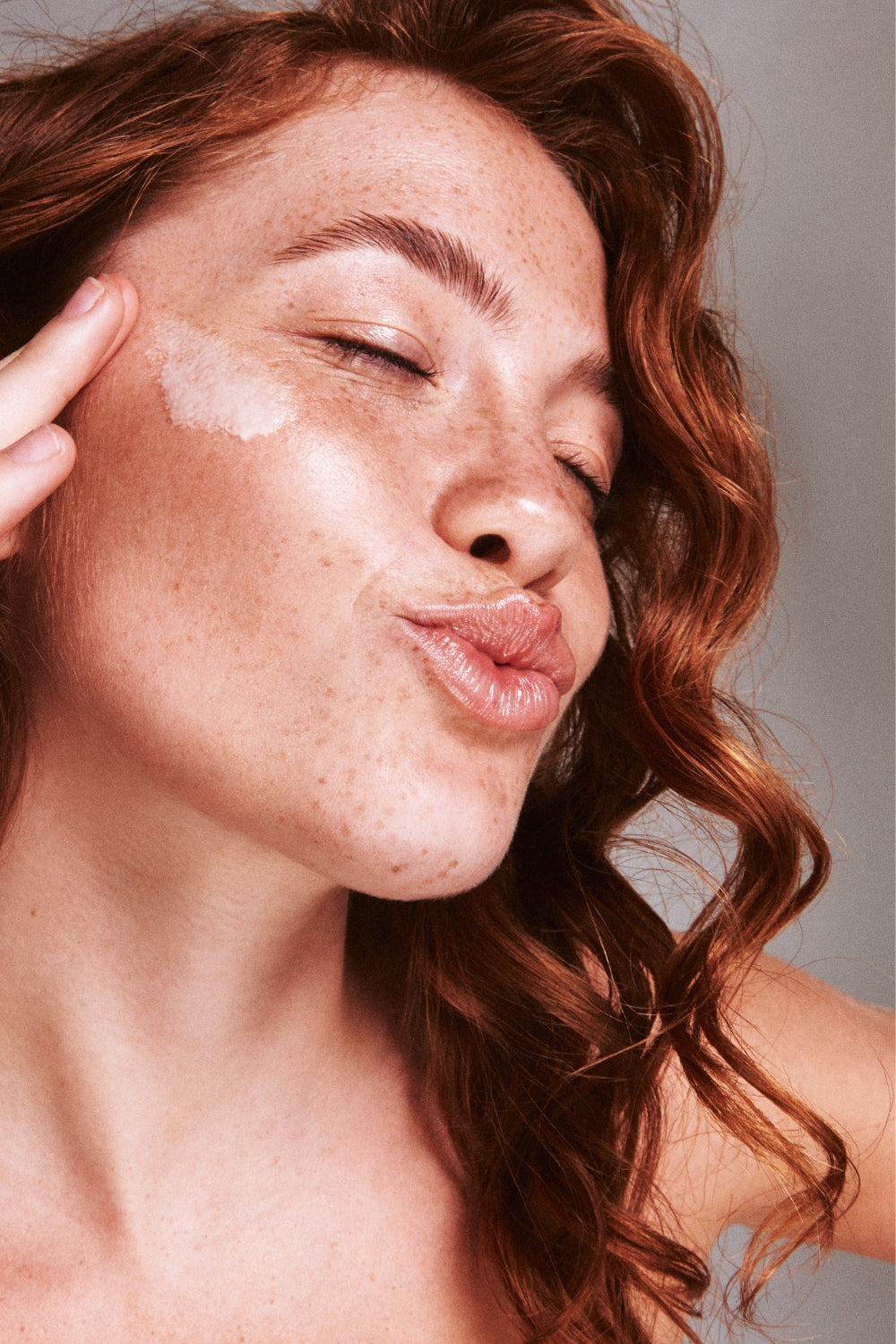
The skin-gut-brain axis is a dynamic network that links the gut, which houses our digestive system, with the brain, the command centre of our thoughts, emotions, and behaviours.
This remarkable connection isn't just a one-way street; it's a two-way communication highway that constantly exchanges information between your intestines and brain, influencing everything from your mood, skin and mental health to your digestion and overall healing ability.
I'll be spilling the tea on the surprising ways our lifestyle choices, diet, and even our environment can influence this axis and, in turn, impact our skin.
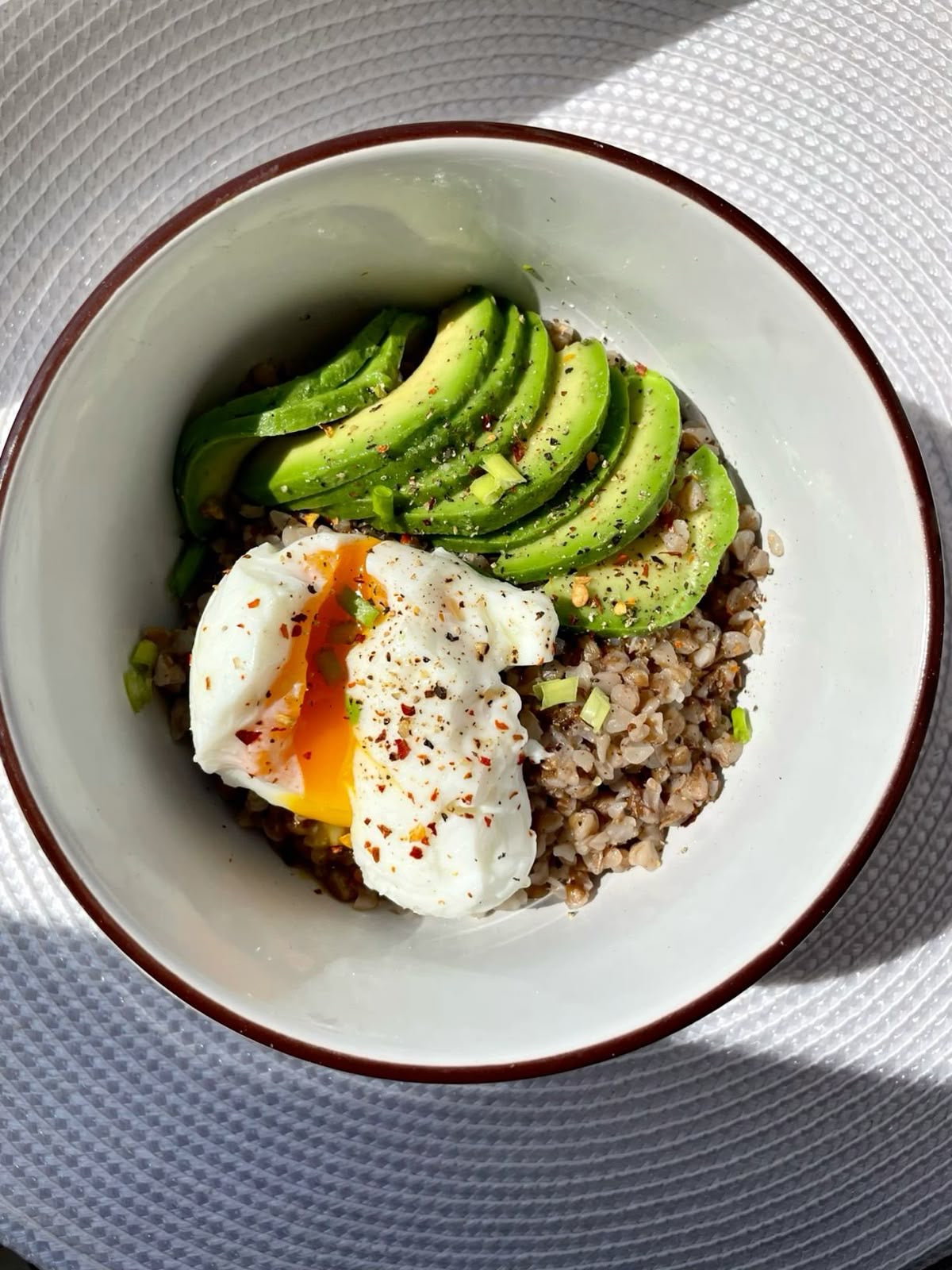

The Vagus Nerve: A Bidirectional Communication Highway
The vagus nerve is no ordinary nerve; it's a critical part of the body's intricate communication network. From its role in regulating our immune system to its impact on our daily decision-making processes, it serves as a two-way street, carrying sensory information from the brain to internal organs and vice versa.
This bidirectional flow of information explains why we often refer to "gut instincts" or intuition. When your brain sends signals via the vagus nerve, your gut responds, sometimes even triggering a fear response. It can look like bloating, constipation or lack of hunger.

What does a Nervous System do?
The nervous system is divided into two main branches: the sympathetic and the parasympathetic.
The sympathetic system triggers the "fight or flight" response when a threat is perceived, releasing chemicals like adrenaline. In contrast, the parasympathetic system engages the "rest and digest" mode, lowering blood pressure and heart rate.
The vagus nerve plays a crucial role in balancing these two systems and determining whether a situation is perceived as dangerous or safe. Stephan Porges' Polyvagal Theory sheds light on the vagus nerve's role in reading social cues and threats. This theory explains how your body processes environmental signals to determine who you trust and feel safe with—a process known as "neuroception".
Your vagus nerve is a central player in this complex system, influencing your perceptions and reactions in social situations.
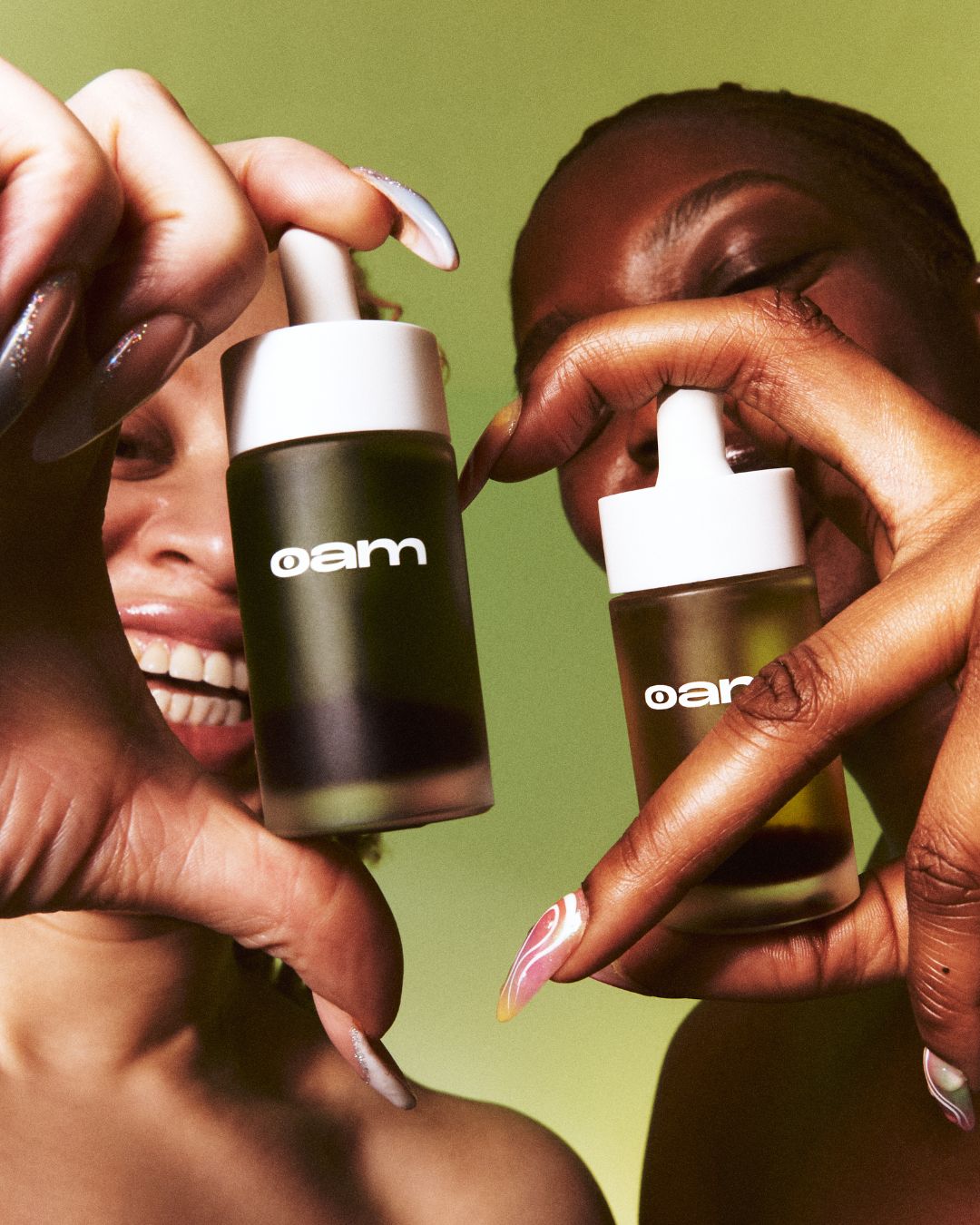
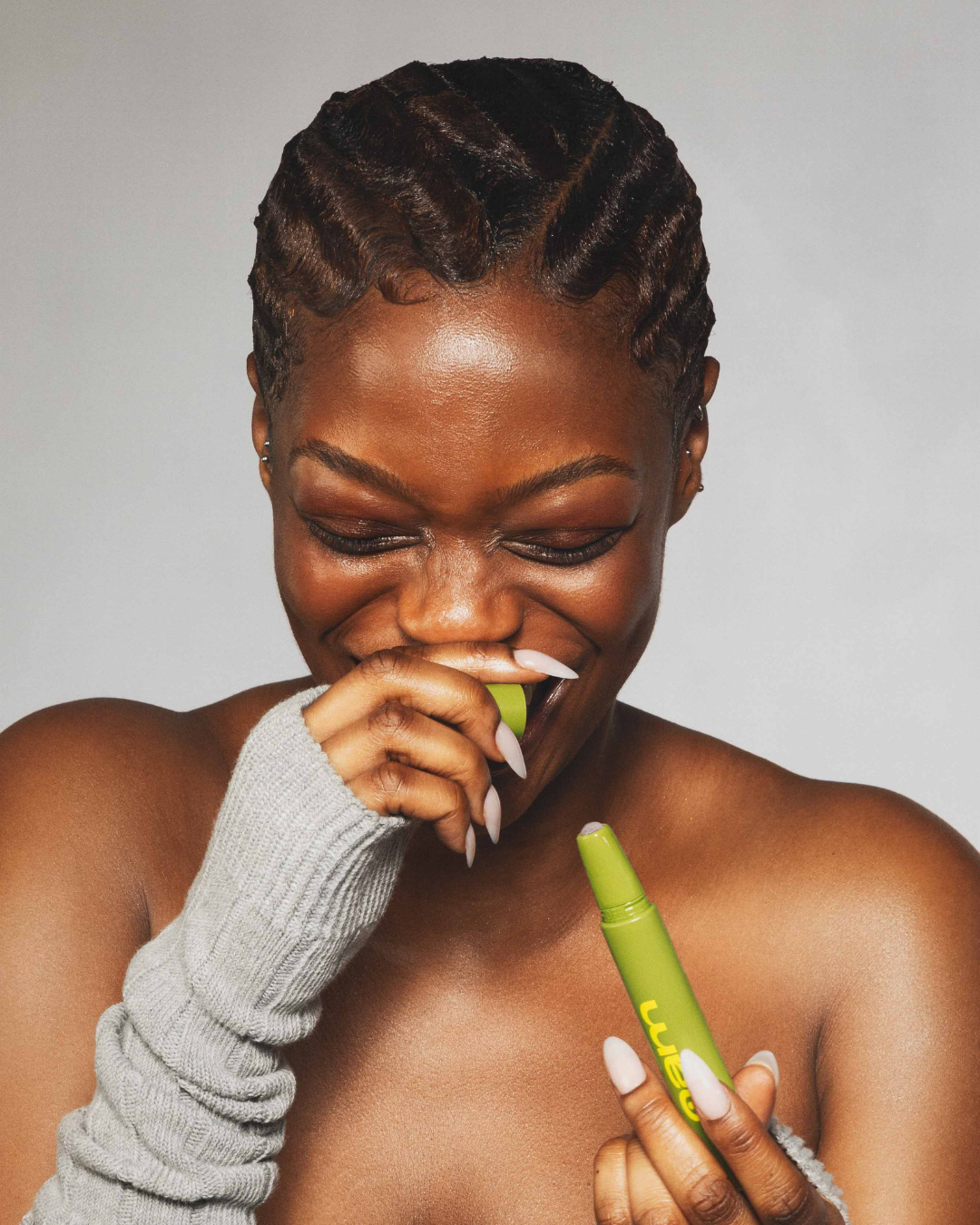
The Gut's Influence on Mood and Stress
Your gut is more than just a digestive organ; it's a key player in your emotional well-being. In fact, it produces a staggering 90% of serotonin and 50% of dopamine, two neurotransmitters crucial for regulating mood and stress.
Your gut's microbiome supports the production of these neurotransmitters, underscoring the importance of maintaining a healthy gut for emotional balance. That's why we must feed our gut with nutritious and fermented foods to help it thrive!

Developing a healthy vagal tone is a valuable strategy for healing, especially when dealing with trauma, stress, or chronic health conditions. A robust vagal tone makes you less sensitized to environmental threats, allowing you to bounce back from challenging situations quickly.
Now let's get into the best bio-hacks for keeping an excellent vagal tone:


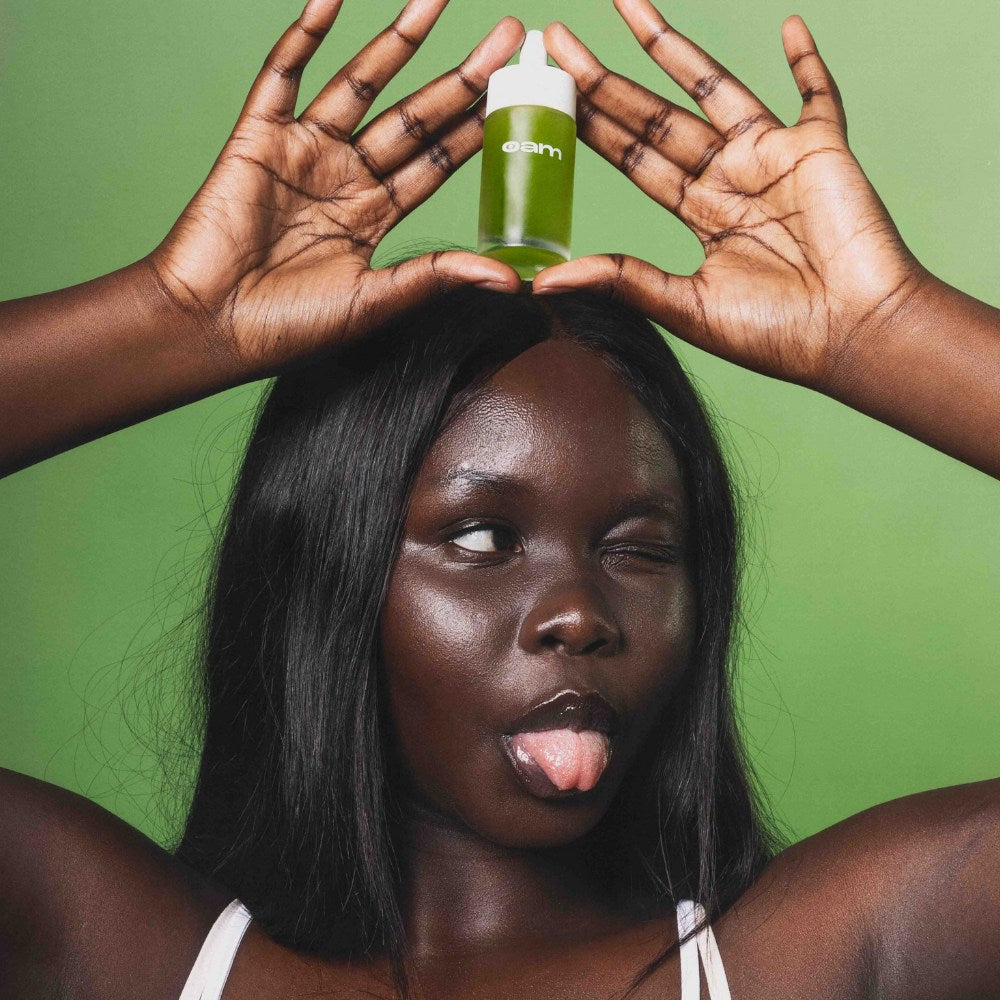
All of these practices create a conducive environment for healing by promoting a healthier vagal tone. By incorporating these activities into your daily routine, you can enhance your overall well-being and resilience to stress, ultimately creating space for personal growth and healing.
Want to chat about any more tips and how to decrease feelings of stress, reduce feelings of anxiety and generally improve your quality of your skin and life?
Just get in touch. I’d love to hear from you.